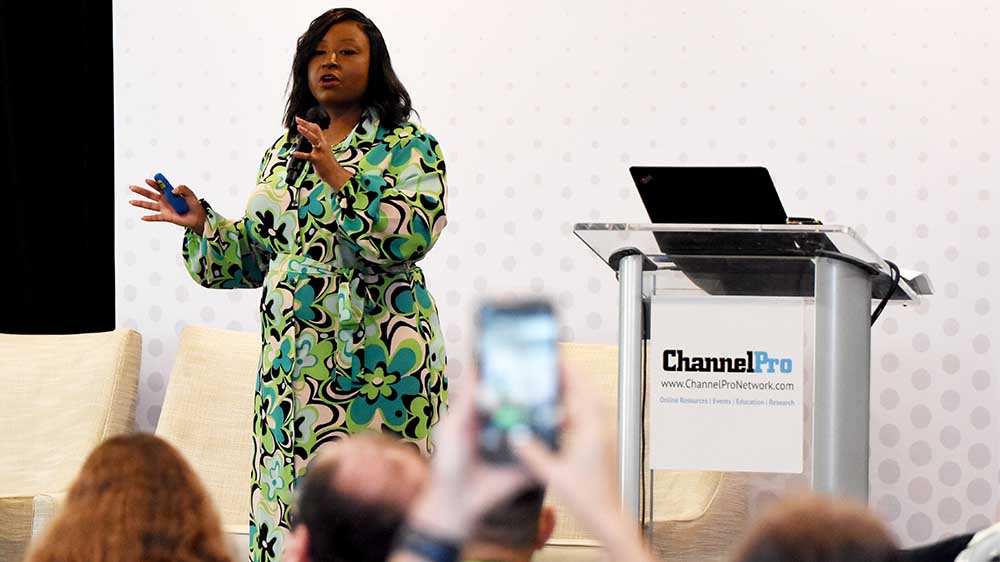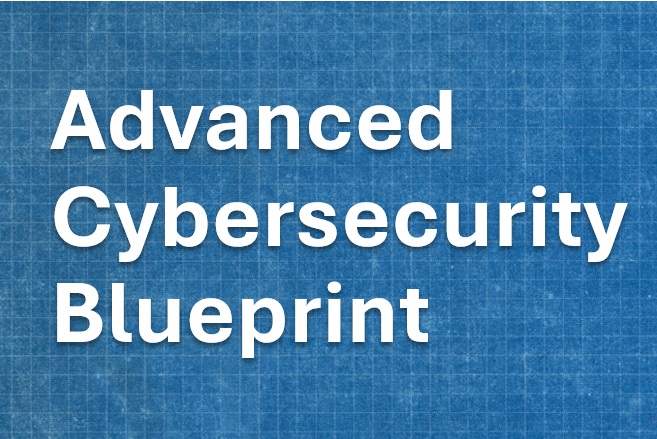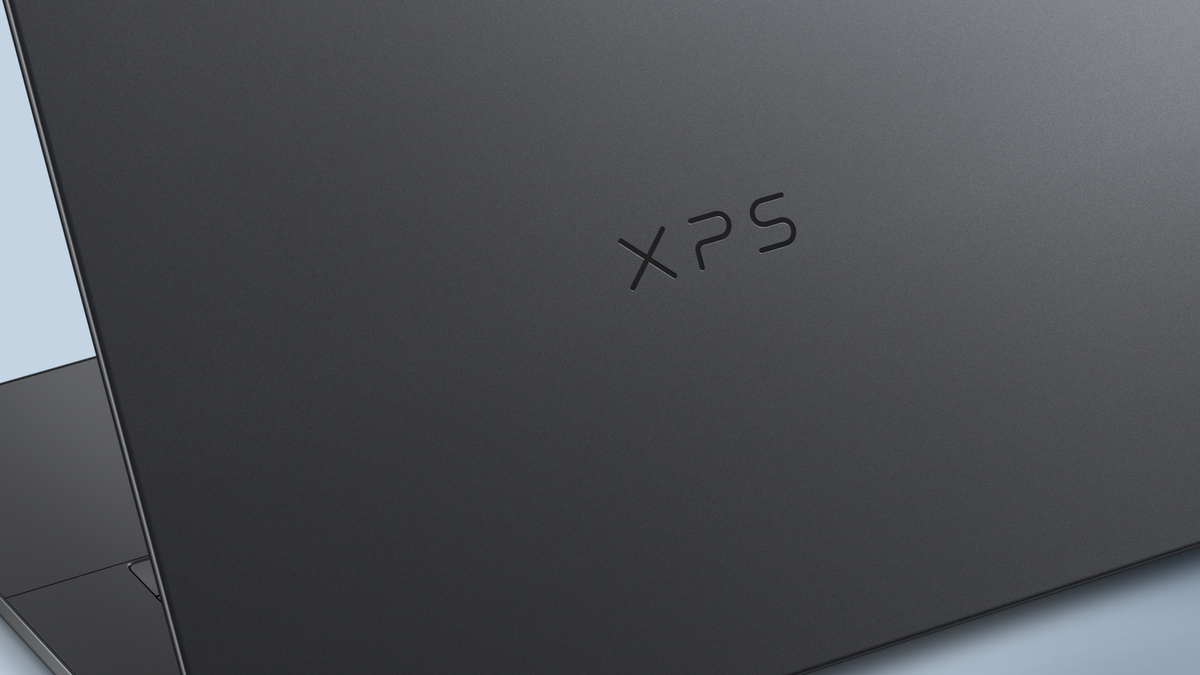Profitability. It’s by far the most important yet underused word in the entire MSP space. This is largely because the vast majority of those starting an MSP aren’t businesspeople. They’re technicians by trade, meaning they’re finely tuned for problem solving, not the mechanics of profitability.
I started my MSP as a businessperson, meaning I wasn’t a tech by trade. And in fact, I’m really not a very good tech at all. This is precisely how and why my MSP exploded – because I saw it for what it was: a business. Shedding a tech-driven mindset in favor of a sales-driven mindset is all that stands between the fastest growing MSPs in the space and those that barely make it off the launchpad.
Here are three ways to grow profitability:
1. Craft Every Contract to Maximize Gains
Fixed pricing is the equivalent of burning money. Imagine putting your home up for sale in the midst of a seller’s market. Would you take the asking price if five other people are bidding over that? That makes no sense, right? Yet, if you are one of the thousands of MSPs with fixed pricing and packaging, this is exactly what you’re doing.
A common belief is that you need to charge everyone equally for your services. My question is, why? If you pitched a 10-device office at $100 per, just to find out they were paying $200 per from the MSP you’re replacing, why would you want to charge them half of what they were already willing to pay?
Fixed pricing creates an artificial ceiling over your head. It means that’s the best price you’ll ever garner regardless of your experience in contract negotiation. Every contract you ink needs to be customized and crafted to maximize your gains based on what your customer is willing to pay. This is business, and maximizing the output from the finite amount of time you have for sale is paramount to growing your business. Never forget that.
2. Qualification Is King
Not all customers are created equal, and they never will be. It’s imperative you go into any meet-and-greet or contract negotiation with that mindset. If you’re bidding against two seemingly identical offices, a tech-driven mindset would dictate you bid them equally. A sales-driven mindset would seek to understand the time it would take to service each office, regardless of employee or device counts.
Imagine an office full of millennials. This office is likely to triage the bulk of their own Tier 1 issues. What if that same office was filled with technically challenged individuals, where they were two or three times more likely to generate Tier 1 issues? A sales-driven mindset demands this customer pay more, because they will consume more of your finite time that can no longer be resold elsewhere.
This is precisely why fixed pricing is a vastly misunderstood concept in the space. Contract values should be based on the amount of time you expect to expend within any given scenario. The moment the variables change, your price should change along with it. Failing to properly qualify a customer is like putting it all down on red and hoping for the best. Never gamble with your livelihood.
3. Not All Money Is Worth Going After
There’s nothing more exhilarating than closing a large contract, particularly early on in your MSP journey. In many cases, the notion of simply closing a new contact trumps the notion of closing a profitable contract. They are not one and the same.
There’s nothing worse than coming close to your maximum sell-through just to find out you don’t have the revenue required to hire your next technician. How is this possible? It’s possible when you sign several unqualified contracts using fixed pricing where you may be earning as little as $40-50 an hour when it’s all said and done. What’s worse is that you’re stuck with these contracts until they expire. If you’ve signed multiple contracts under similar circumstances, watch how fast your business grinds to a halt.
Whenever you qualify a customer, always know your floor. If you qualify them as 20 hours of work each month, then multiply that by your desired hourly rate and that’s your floor. If the negotiation heads below that territory, correct course or walk away. There are some lessons in this space worth learning through experience, but trust me, this isn’t one of them.
Lessons Learned
You don’t have to learn these lessons the hard way if you’re using a sales-driven mindset. From reconsidering your pricing model to how you qualify leads and quantify contracts, take a page from the sales world to ensure your MSP is reaching its potential.
ANDY CORMIER is partner development director at Syncro. Prior to joining Syncro, Cormier owned a technology consulting firm for over a decade and also ran his own MSP. He’s the author of So You Want to Be an MSP.













